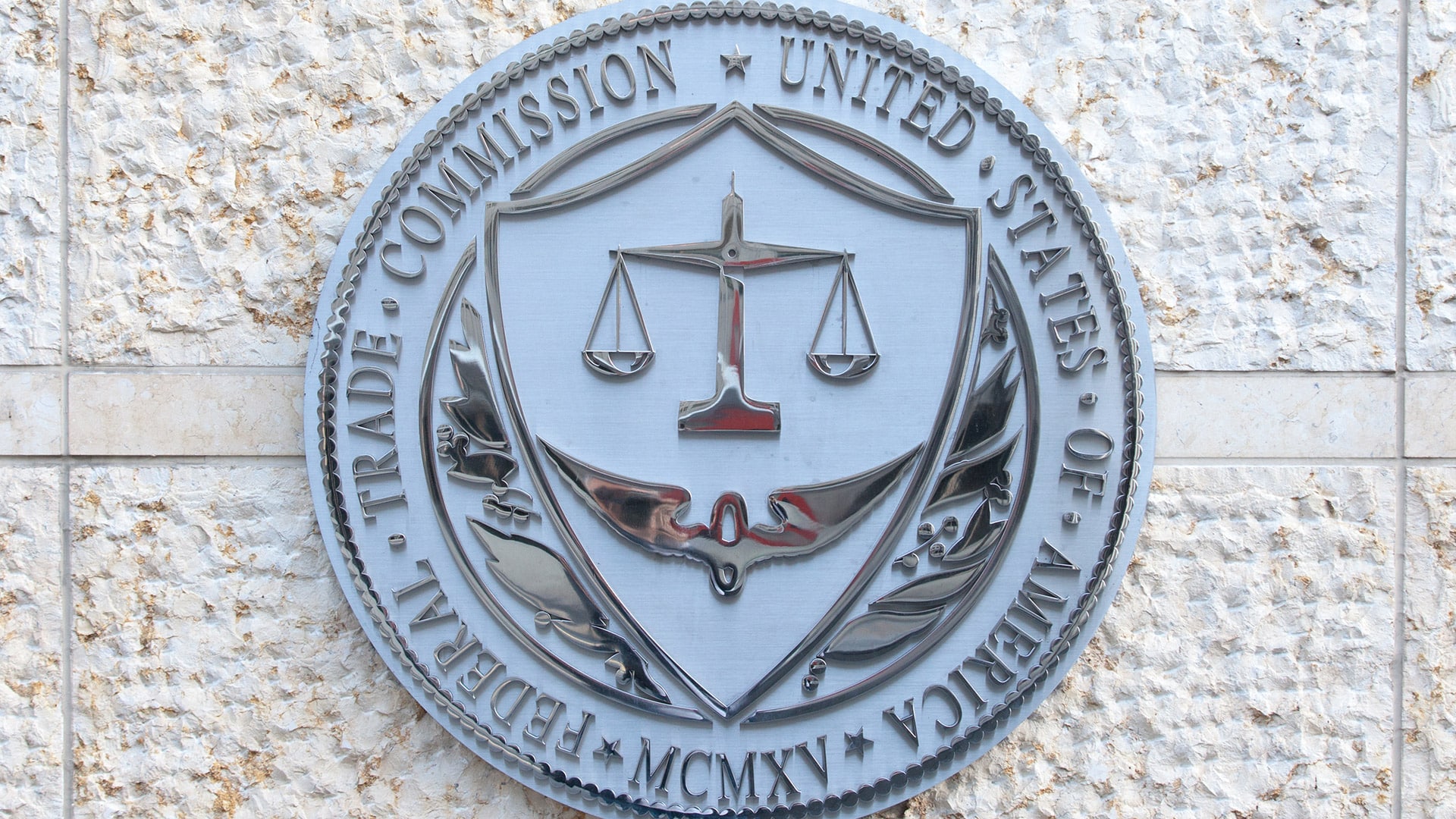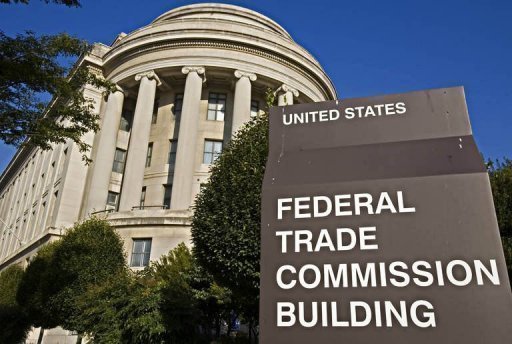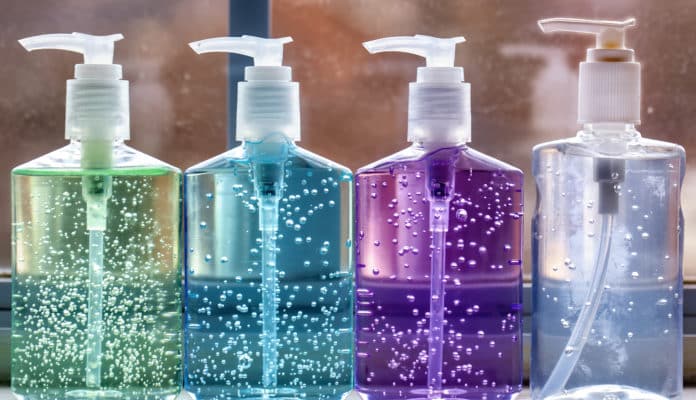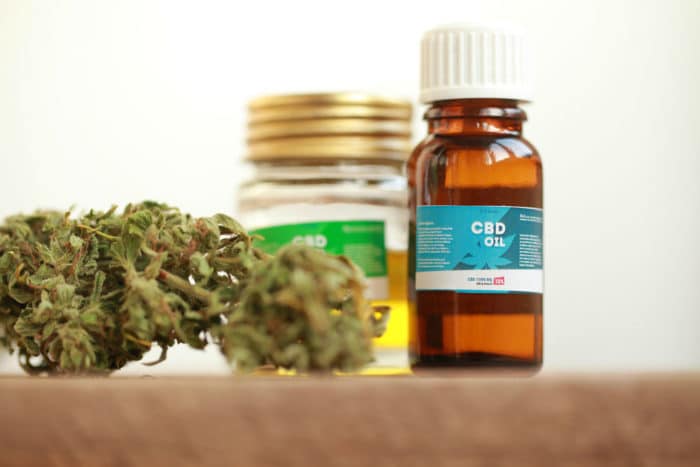An increasing number of celebrities and social media personalities are endorsing the use of cannabidiol (CBD) products through social media. Many of these “influencers,” however, fail to take into account and comply with the complex regulatory environment surrounding CBD advertisements, which can have consequences for CBD companies themselves. In the United States, the Federal Trade Commission (FTC) and the Food and Drug Administration (FDA) both limit the use of certain language in CBD endorsements. As these advertisements attempt to reach the broadest possible audience, possible violations are especially noticeable to regulators, who have stepped up their enforcement efforts in this area.
What is CBD?
With the passage of the 2018 U.S. Farm Bill, hemp-based CBD products were removed from the Drug Enforcement Administration’s list of scheduled substances, thereby decriminalizing the possession of such CBD products. The Farm Bill defines hemp as a strain of the Cannabis sativa plant species that does not contain more than 0.3% of the psychoactive component tetrahydrocannabinol (THC). Instead, hemp has significantly higher concentrations of CBD. The legalization of recreational and medicinal marijuana in certain states refers to the cannabis plant containing high levels of THC, which may also contain some CBD. Certain states, such as California, have stringent requirements regarding advertising cannabis products, but these rules do not apply to hemp-based CBD products.
Direct versus Affiliate Marketing
Advertising through social media falls into two broad categories: direct advertisements and affiliate marketing. Direct advertisements are paid by the company to appear in a customer’s feed with the term “Advertisement” somewhere in the post. These direct advertisements are most similar to traditional commercials in other forms of media. Affiliate marketing, which is the centerpiece of this article, occurs when an influencer earns a commission for referring his or her followers to a brand or site. These referrals usually happen through affiliate links (e.g. brand.com/influencer) or promotional codes (e.g. typing “Influencer Name” as a promotional code during checkout).
Social Media Giants: The Main Affiliate Marketing Platforms
Social media companies have disparate views regarding the ability to promote CBD products on their platforms in the United States. The two main social media giants are the primary websites celebrities and influencers use to promote products. Other social media platforms, such as Twitter, allow direct advertisements for CBD products. However, more CBD companies use affiliate marketing through these social media giants than direct advertisements.
Despite not having explicit rules against direct advertisements for CBD products, the primary social media platforms have repeatedly taken down such advertisements. As a result of these practices by these social media platforms, influencers have gained prominence as a method for CBD companies to improve traction in the increasingly-crowded space. With influencers earning up to $50,000 for a single sponsored post, affiliate marketing provides influencers with a lucrative business opportunity and CBD companies with a method to reach millions of people. As sponsored posts become more prevalent, the FTC and FDA have taken more of an interest to regulate advertising infractions.
CBD Advertising Regulations: The FTC and FDA
The FTC and FDA are leading the federal regulation of CBD products and advertising, and the agencies collaborate to prevent unlawful activity, including through social media platforms.
FTC
In 2009, the FTC issued guidelines concerning the use of endorsements and testimonials, which seek to prevent companies from using these marketing tools to circumvent advertising laws. In addition to providing detailed examples, the guidelines state that if paid testimonials or endorsements are false or misleading, the company itself can be held responsible. Additionally, all cases of a “material connection,” including paid relationships and free products, between the endorser and advertiser must be “clearly and conspicuously” disclosed in the sponsored post. For example, an influencer promoting a product must state the disclosure without the viewer needing to click “more” in the caption. In 2017, the FTC provided updated FAQs regarding such disclosures and other endorsement claims.
In more recent news, the FTC filed its first lawsuit involving COVID-19 related claims. The FTC sought injunctive relief in federal court and simultaneously filed an administrative action against a defendant who had marketed its CBD products as able to treat and prevent COVID-19. The defendant had also been the recipient of a warning letter from the FDA regarding illegal marketing of its CBD products. This lawsuit demonstrates the FTC’s ability to quickly investigate and respond to unsubstantiated health claims and as discussed further below, the FTC will act swiftly for egregious CBD advertisements. FTC Commissioners have made clear that deceptive influencer marketing is a top priority for the agency.
FDA
Congress specifically preserved the FDA’s authority to regulate products containing CBD under the Federal Food, Drug, and Cosmetic Act (FD&C Act) and Section 351 of the Public Health Service Act. One of the FDA’s main concerns is the “proliferation of egregious medical claims being made about products asserting to contain CBD that haven’t been approved by the FDA.”
The FDA also has significant safety concerns regarding the use of CBD in foods and dietary supplements due to potential liver damage issues. Because of the FDA’s approval of an anti‑seizure medication called Epidiolex® and the substantial clinical trials related to Sativex®, the FDA’s present position is that CBD products cannot be marketed as food or dietary supplements. In its recent report to Congress, the FDA has specifically indicated the questionable safety of CBD products and contemplated whether they meet the necessary safety standards to market CBD as a food or dietary ingredient. The FDA has stated that it has not received sufficient information to confirm that CBD meets this standard. With that said, the FDA has generally used its discretion enforcing these restrictions in regard to the CBD products on the market as long as the products do not contain claims about the treatment of diseases, as described in further detail below.
The FDA has an entire webpage dedicated to regulatory resources, FDA communications, and FAQs regarding the use of CBD in various products. The FDA has previously suggested it is open to developing a regulatory framework if it can be shown that CBD meets the regulatory standards. Given its recent report to Congress, it is unlikely anything will be released in the near future.
Last year, the FTC and FDA sent joint warning letters to CBD companies that claimed their products could treat Alzheimer’s, cancer, and other serious diseases. The agencies asserted that the touted health benefits were unsubstantiated health and efficacy claims and that, given these claims, the products at issue would fall under the classification of a “drug” under the FDA’s statutes. A few of the companies that received the warning letters had attempted to categorize the CBD products as “dietary supplements,” which would preclude them from categorization as a drug and related regulation, but the FDA concluded that CBD products are excluded from the definition of a “dietary supplement.”
The FDA has indicated that its enforcement actions will focus on situations in which a product developer makes unproven claims to treat serious diseases, as “patients may be misled to forgo otherwise effective, available therapy and opt instead for a product that has no proven value or may cause them serious harm.” With that said, the FDA has also stated the addition of CBD to cosmetic products is lawful. These products, however, cannot make claims that the product cure, treat, or prevent any disease or health-related condition, including aches and pains which are classified as topical external analgesic drug products.
Drafting or Reviewing Social Media Posts
Due to the regulatory issues surrounding CBD advertisements, CBD companies should include in their influencer contracts that the company has the right to review, or even write, the social media post. Profile posts, rather than disappearing stories, are the easiest to review, since the CBD company has plenty of time to review prior to publication. Although the disappearing stories can be saved to the influencer’s profile, profile posts allow for a scripted statement and therefore reduces the risk of unintended language.
How to Advertise CBD Products: Tips for Influencers and CBD Companies
Below is a quick list of practical tips for both influencers and CBD companies when entering into a CBD affiliate marketing contract:
Celebrities/Influencers
- Do not state that the CBD product could treat, mitigate, cure, or prevent diseases, including aches and pains.
- Do not state that CBD products are lawfully marketed in all 50 states. For instance, powerful lobbying groups have successfully stalled legislation in California regarding CBD.
- Work with the CBD company to preview the post prior to publication or receive help writing the post.
- Review the FTC’s Endorsement Guides and FAQs describing disclosure rules and examples of properly promoting products through social media.
- If receiving a free product or payment for a sponsored post, ensure such disclosure is “clear and conspicuous.”
CBD Companies
- Contract for specific language to write or review the influencer’s post prior to publication.
- Utilize posts, rather than disappearing stories, to ease review and to reduce the influencer’s ability to go “off-script” during a live broadcast.
- Be aware of the Consumer Review Fairness Act, which prohibits companies from using contract provisions to restrict consumers’ ability to honestly review products and services or to threaten or penalize consumers for posting negative reviews or complaints, including through affiliate marketing in social media platforms.
- Be aware that advertisements for subscription or auto-renewal programs face an additional level of scrutiny. Subscription programs must provide additional disclosures, including clear information that the customer is enrolling in an auto-renewing program.
The passage of the 2018 U.S. Farm Bill decriminalized hemp-based CBD, which has led to an influx of CBD products. As CBD companies are prohibited from direct advertising through many social media and traditional marketing platforms, an increasing number of them are turning to celebrities and social media influencers for affiliate advertising. Given the risk to marketers, companies should avoid working with an influencer that does not follow the regulations and guidelines. With the CBD market expected to grow up to $23 billion in 2023, CBD companies will increasingly look towards influencers as a way to promote their products. The FTC and FDA have increased their focus and scrutiny towards influencer marketing and CBD advertisements, so both CBD companies and influencers need to fully understand the CBD advertising rules and regulations.

















